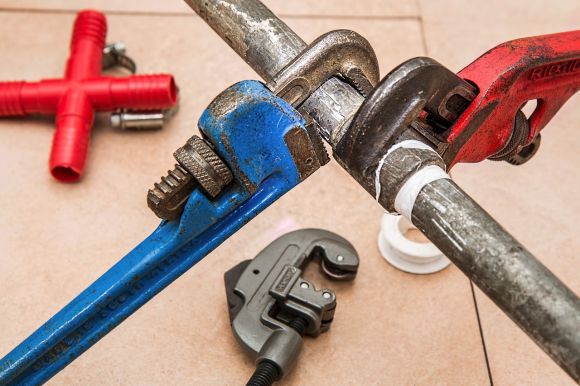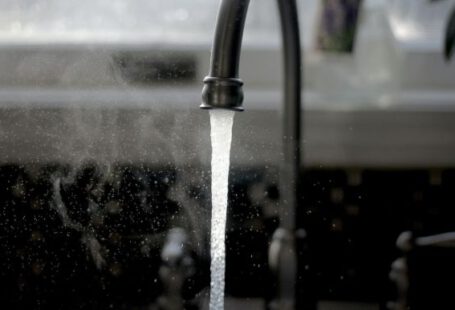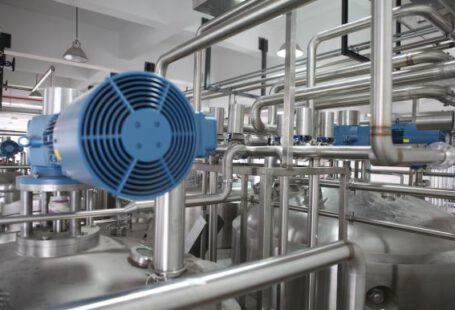Plumbing is an essential aspect of any home, ensuring the proper functioning of water supply and drainage systems. Whether you are a seasoned DIYer or just starting out, it is crucial to have a good understanding of international plumbing codes. These codes are put in place to ensure the safety and efficiency of plumbing systems in residential and commercial buildings. In this article, we will explore the key points of international plumbing codes that every DIYer should know.
What are International Plumbing Codes?
International plumbing codes are a set of regulations and standards that provide guidelines for the design, installation, and maintenance of plumbing systems. These codes are developed by international organizations such as the International Association of Plumbing and Mechanical Officials (IAPMO) and the International Code Council (ICC). They are widely adopted and enforced by local authorities to ensure uniformity and safety in plumbing practices.
Adherence to Building Codes
When undertaking any plumbing project, it is essential to adhere to the building codes in your area. These codes dictate the specific requirements for plumbing installations, including pipe sizing, venting, drainage, and fixture placement. Failing to comply with these codes can result in costly repairs, safety hazards, and even legal consequences. Therefore, it is crucial to familiarize yourself with the plumbing codes applicable to your location before starting any DIY plumbing work.
Safety Considerations
One of the primary objectives of plumbing codes is to ensure the safety of occupants and the prevention of waterborne diseases. These codes specify the use of safe materials, proper installation techniques, and backflow prevention methods. For example, the codes may require the use of lead-free pipes and fittings to prevent contamination of drinking water. It is important for DIYers to understand and follow these safety guidelines to protect themselves and their families.
Permits and Inspections
In many jurisdictions, plumbing work requires obtaining permits and undergoing inspections by local authorities. Permits are typically required for major plumbing projects, such as installing a new water heater or adding a bathroom. Inspections are conducted at various stages of the project to ensure compliance with the plumbing codes. DIYers should familiarize themselves with the permit and inspection requirements in their area to avoid any legal issues and ensure the quality of their plumbing work.
Accessibility and Maintenance
International plumbing codes also address accessibility and maintenance requirements for plumbing systems. These codes ensure that plumbing fixtures and controls are readily accessible for everyone, including individuals with disabilities. They also specify guidelines for proper maintenance and repair of plumbing systems to prevent leaks, water waste, and other issues. DIYers should consider these accessibility and maintenance requirements when planning their plumbing projects to ensure long-term functionality and ease of use.
Resources for DIYers
For DIYers looking to learn more about international plumbing codes, there are several resources available. The IAPMO and ICC websites provide access to the full text of the plumbing codes, as well as training and certification programs. Additionally, local building departments often offer workshops and seminars on plumbing codes and practices. Taking advantage of these resources can help DIYers gain a deeper understanding of plumbing codes and improve their skills in plumbing projects.
In conclusion, understanding international plumbing codes is crucial for DIYers undertaking plumbing projects. These codes ensure the safety, efficiency, and accessibility of plumbing systems in residential and commercial buildings. By adhering to these codes, obtaining necessary permits, and following inspection requirements, DIYers can ensure the quality and longevity of their plumbing work. With the availability of resources and training programs, DIYers can enhance their knowledge and skills in plumbing and contribute to the overall well-being of their homes.



